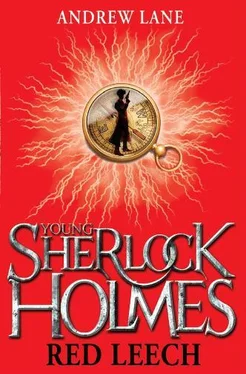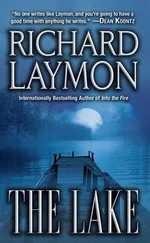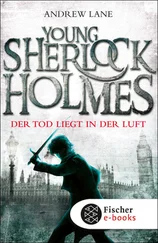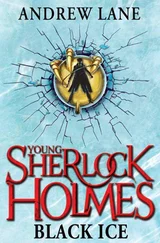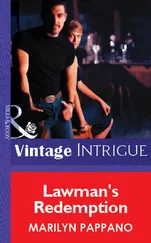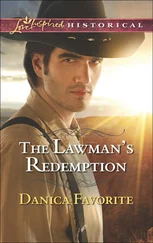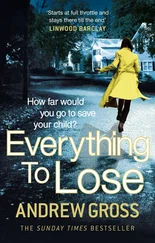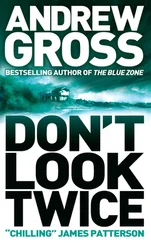“How much?” Sherlock asked.
“Let’s call it a ten-dollar deposit, an’ nine dollars back when you return.”
Sherlock passed the money across, and the man led him to a stall where a brown mare patiently stood. She eyed him speculatively as the elderly man saddled her.
Sherlock glanced around the stables. Apart from the general tack — saddles, reins, stirrups — that was hanging from hooks, there was also a whole load of stuff that Sherlock didn’t recognize. They looked like weapons -bows, spears, axes — but they were decorated with feathers, and leather thongs.
“Mementoes of the fights we had with the natives over the years,” the man said, noticing the direction of Sherlock’s gaze. “The Pamunkey and Mattaponi tribes gave us a lot of trouble when we was building this town. They collected our scalps; my grandpa and my pa collected their tomahawks, spears, knives and bows.”
Sherlock thought about what he was heading into — a hostile army, an attacking force and a wilderness where coyotes prowled. He didn’t want to take a gun, and he was pretty sure nobody would give him one, but some kind of weapon might be a good thing. “For another dollar,” he said, “could I borrow a bow, a quiver of arrows and a knife?”
“No,” the man said. He cocked his head to one side. “But five dollars would do it.”
Ten minutes later, Sherlock was riding out of the stables with a knife in his belt, a quiver full of arrows on his back and a bow strapped to his saddle. He thought he saw Matty and Virginia outside the hotel as he rode past, but they flashed by too quickly to tell for sure, and he wasn’t going to stop.
Remembering Amyus Crowe’s map, Sherlock struck out across country, at an angle to the train line. The landscape he was heading into was more hilly than the plains that the train line had been built across. He cantered along the edge of the foothills that emerged from the grasslands, rising up to a series of low, rounded peaks.
After an hour of riding through a landscape of bushes and small copses of trees he crossed a wide, shallow stream that flowed like a blue, sparkling ribbon from up in the hills. As his horse’s hoofs splashed the water and kicked up small pebbles he wondered if somewhere downstream the water had managed to cut its way through the soft rock to form the ravine that he, Matty and Virginia had crossed over the night before. The terrain in America was very different from what he was used to back in England: younger and more raw.
He had thought to pick up a leather water bottle from the stables before he left, and he stopped briefly to refill it and to let his horse drink its fill.
Judging by the sun it was now mid-afternoon, and judging by the map in his mind he was getting close to where the Army Corps of Engineers was setting up its camp. They would almost certainly post sentries, and he didn’t want to run into any of them. Chances were they would shoot first and ask questions afterwards.
Rather than keep skirting the foothills, Sherlock pulled his horse’s head around and headed up into the hills. If he was right, if he was where he thought he was, then he could get a good view down on to the camp from somewhere up there.
It took him another couple of hours of climbing up shallow slopes and crossing rocky patches before his horse came around the edge of a steeper section of hillside and Sherlock found himself gazing down on what it was he had come looking for.
Leaving his horse out of sight he crept forward, moving on hands and knees, until he could lie in the shelter of a large rock and stare down on the plain below.
The sun was dipping towards the horizon now, and the scene was partly illuminated by its red rays and partly by scattered campfires. By that mixed light he could see the Army Corps of Engineers’ camp spread out beneath him: a series of tents grouped in the centre surrounded by a cleared area of ground. Perhaps a hundred men were moving purposefully back and forth. On one side of the camp the horses had been corralled together in a makeshift stockade. On the other were the balloons.
The sight took Sherlock’s breath away. There were perhaps ten or twelve of the things spread across an area the size of a rugby pitch. Some of them looked like massive versions of the kind of baggy jellyfish that Sherlock remembered seeing from trips to the coast when he was younger, while others had been fully inflated into glossy spheres which gleamed in the waning light of the sun. Ropes and swathes of the same material — varnished silk, Sherlock recalled from his meeting with the Graf von Zeppelin on the SS Scotia — attached them to baskets beneath, and they were being inflated by pipes that led away from them to carts filled with gleaming copper tanks. The tanks were producing hydrogen, Sherlock remembered, from a combination of sulphuric acid and iron filings.
Thinking of the Graf von Zeppelin, Sherlock scanned the camp looking for his upright, Germanic figure. He had come across to America to talk about the military applications of balloons. It would be unusual if he wasn’t here.
The figures moving around were too small for Sherlock to make out faces, but he thought he saw a bearded man in a different uniform from the rest standing near the balloons, watching with fascination as they were being filled.
The campfires were being kept well away from the balloons, Sherlock noticed. That was a good idea — hydrogen was highly inflammable, he remembered from school. On the other hand, hundreds of metal spheres that looked like cannonballs but were almost certainly explosive devices were piled up near them. And in an hour or two, if the wind was still in the right direction, the balloons would be released, each with its own aeronaut, and they would drift silently across the desolate landscape towards the place where Duke Balthassar’s Army was encamped. And then there would be death and devastation on a scale that made Sherlock feel sick.
He had to stop it. He had to. He’d seen too much death in his life already. If he could stop people from dying then he would.
Hydrogen. Inflammable. The answer was there, but how was he going to do anything about it? If he tried to sneak down and set fire to the balloons then he would be caught and probably shot as a Confederate spy. There were guards placed in a circle around the balloons.
But there were no guards around the campfires on the other side of the camp, and from where he lay he could see that most of the tents had oil lamps in front of them, hanging from poles that had been thrust into the ground.
His mind raced as he began seeing connections between things that he’d previously seen as being separate. The solution was there in front of him. He had some of the things he needed, and the rest were down there, in the camp.
And the sooner he started, the sooner he would finish.
He made sure that the end of his horse’s reins were secure beneath a rock, and began the slow descent down to the plain. There was only a thin sliver of sun above the horizon now, and the shadows cast by the scattered rocks were long and black. He found he could keep quite effectively to them, only scooting across open ground when he had to.
By the time he got down to the plain the sun had vanished below the horizon and the sky was the colour of a fresh bruise. Most of the balloons were fully inflated, and there was increased activity around them.
Sherlock moved away from the balloons, towards the area where the campfires were clustered. Most of the Army Engineers in the camp were over near the balloons, standing just the other side of the cordon of guards, watching and waiting for the launch. Sherlock crept through the tents until he was looking out on to the campfires. Meat was roasting, stews were simmering, and nobody was looking his way. He looked around, straightened himself up, brushed the dirt from his clothes and then walked over to an unattended tent and unhooked an oil lamp from the pole outside. Then, for good measure, he took a second one from a pole nearby. Not from the tent next door — that would probably be noticed — but from one a little way away. Nobody called out to stop him, or ask what he was doing. His heart was beating twice as fast as normal, but he kept his face impassive and, when he turned to walk back, he walked slowly, keeping the oil lamps upright but wrapped in his jacket so nobody would see the lights moving.
Читать дальше
